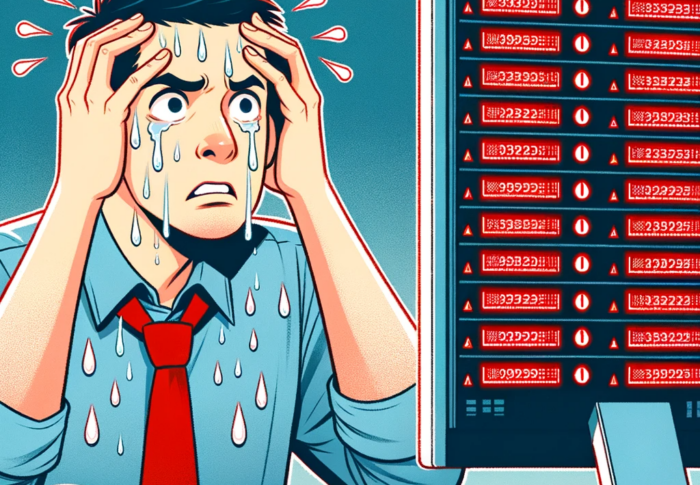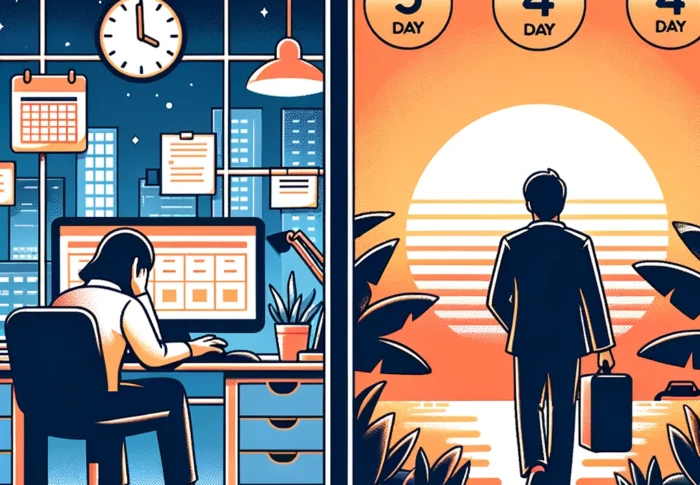
We all have war stories!
During a recent conversation with one of my staff, they expressed concerns about the consequences of making mistakes, fearing potential disciplinary action or even termination. To allay their fears, I reassured them that as long as they weren’t acting maliciously, making mistakes was a normal part of the learning process and wouldn’t result in any negative consequences. As Roger Skaer famously said, “the more you [experiment], the more you learn!”.
While it is important to establish boundaries for junior engineers when it comes to accessing a client’s network, there is still room for them to explore and learn under the guidance of senior engineers. With proper supervision and training, these opportunities for exploration should not pose a significant problem. It is essential to strike a balance between encouraging learning and minimizing any potential risks to the client’s network.
During our conversation, some senior engineers and I shared stories of mistakes we’ve made in the past to emphasize that errors are inevitable in IT work over time. In this context, I also shared a video by Tom Scott called “Onosecond” which humorously illustrates the brief moment between making a mistake and realizing the error, which we can all relate to in our work. It was a reminder that mistakes are a normal part of the learning process and that we can learn from them to become better professionals.
I recently shared a post about the time I restored a virtual server, accidentally replacing the production server and losing nearly a day’s worth of data. In my haste to ensure that the NICs were disconnected during the restore process, I made a critical mistake – I accidentally restored the server in place, causing the live server to be instantly removed. As a result, the company lost all the work they had done since the last backup, which was around 17 hours earlier. A perfect example of the onosecond at play!
The most important takeaway from this post is that we all have the ability to make mistakes and we all need to take a second sometimes to check what we’re doing. We also need to live in a world where junior members of staff are encorouged to quickly own up to anything they did wrong to enable us to faster fix the issue. I want all my staff to work in an environment where we don’t attribute blame but, instead, we work together to lift each other up when we fall. That’s how to build a good team of people and, if someone comes in and causes that atmosphere to sour – get rid of them because they’re poison!




